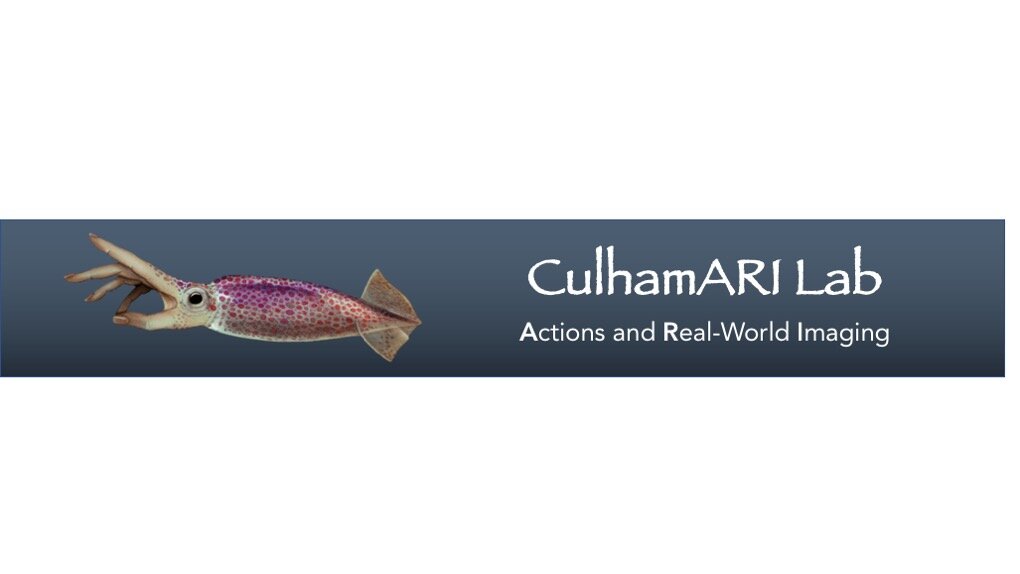Jody's Reference Letter Checklist
I write scores of reference letters each year and it’s very time consuming. If you want me to write the best possible reference letter for you, please help minimize the time it takes me to do so by being organized about what you need. The following list will help you make sure you didn’t forget anything.
· Send ONE e-mail rather than a whole bunch of e-mails with different bits of information.
· In e-mail, use an informative Subject line that includes the deadline (e.g., “IMPORTANT: NSERC Ref Letter —Due OCTOBER 15, 2018”)?
· Do not tack a reference letter request onto a long chain of e-mails with an unrelated title. This is the scenario that makes it most likely I will lose track of it.
· Include an updated CV.
· Give me any information needed in the forms. If a form asks me how long I’ve know you, remind me. If the form needs your student number, include it. If it’s for NSERC and I need to say that I’ve read your complete application, have you uploaded it early enough for me to do this?
· Be clear on the format and submission details. Are there specific forms or is it a free-form letter? Does it have to be snail mailed, e-mailed, or uploaded to a website?
· If you have a ton of letters (e.g., for job applications), give me a list of addresses and job titles.
· If you want me to tailor the letter for the situation, let me know what’s important (e.g., include a copy of a job ad or the criteria by which an application will be judged). For typical scholarships (NSERC, CIHR, OGS), this is not necessary.
Ensure that the letter gets submitted on time.
Make sure I’m not travelling and give me at least one week to write the letter. If you worked primarily with a trainee in the lab (grad student or postdoc), allow time for them to write a letter and for me to edit it. Take travel into account. Extra lead time may be needed during conference and vacation season (esp. May and June) and around Christmas.
Nag me (and if necessarily the person with whom you primarily worked) in sufficient time to make sure the deadline is on our radar. When you nag me, reply to your original email rather than sending a new email (which just adds to my inbox clutter). Be sure your nagging leaves enough time to send the letter (e.g., if it’s for OMSAS (med school) or OLSAS (law school), it may have to be snail mailed and you need to account for mailing time).
If you want feedback on an application proposal, do not leave it to the last minute.
"Bad planning on your part does not constitute an emergency on my part.”
It’s also helpful if you can send talking points.
See Jessica Grahn’s helpful page on reference letters for further advice.
